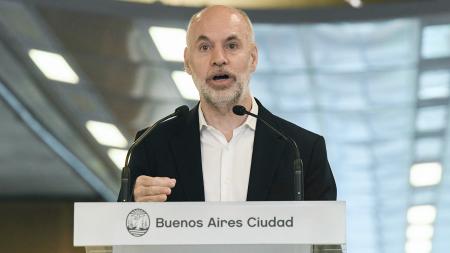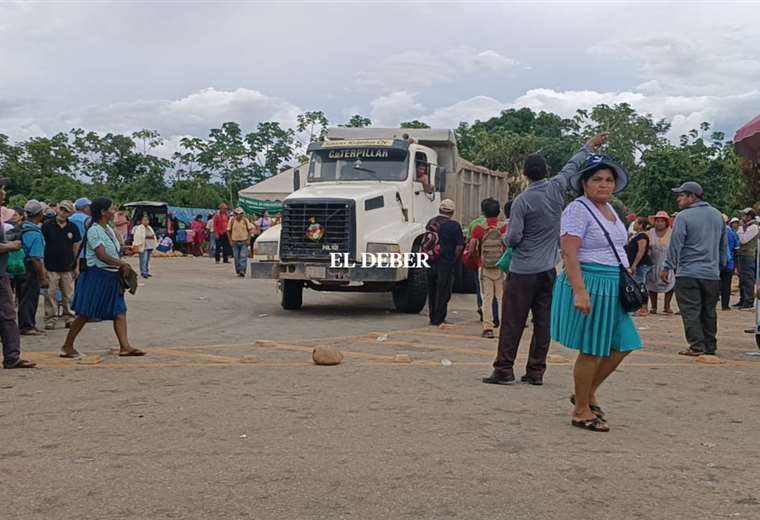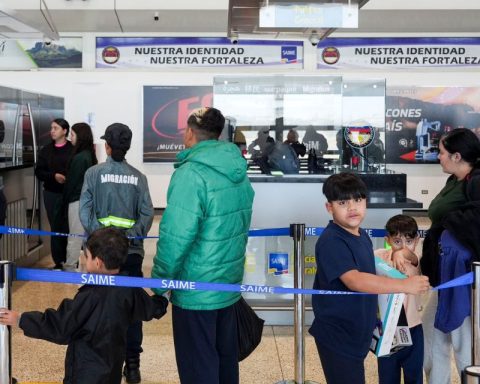The head of the Buenos Aires Government, Horacio Rodríguez Larreta, announced that he will send this Monday to the Legislature a project to eliminate the credit card taxwith the objective of “relieving the burden of the dead weight of the State to the people who work and produce” and accused the national government of “failing to comply” with the ruling of the Supreme Court of Justice regarding the return of co-participation funds.
“Today we are sending a bill to the Buenos Aires Legislature to eliminate the tax on credit cards. I had said that it was something temporary and I am going to fulfill it. This is a tax cut that benefits the people,” said Rodríguez Larreta at a press conference in the Metropolitan Design Centerin the neighborhood of Barracas.
Within this framework, he promised to “lower taxes” if he were to compete as a candidate for president of Together for Change in the next elections and manages to be elected.
“We are going to reduce the dead weight of the State on those who work, those who produce and want to invest and create work. This is a concrete solution that shows what Argentina needs and what I think if I get to the Presidency”, he said.
The President maintained that the Supreme Court “takes money from those who need it the most and allocates those same resources to the most opulent city in the country”, in relation to the ruling issued by the highest court in favor of the Autonomous City of Buenos Aires pic.twitter.com/RvPxWZV6Nq
– Telam Agency (@AgenciaTelam) March 1, 2023
Redistribution
The dispute between the national government and the City began in September 2020 when President Alberto Fernández decided to redistribute a percentage of the resources assigned by former President Mauricio Macri to the Federal Capital for the transfer of the security force.
In 2016, Macri increased by decree from 1.4% to 3.75% the co-participation of the Citybut due to an internal Cambiemos controversy, it readjusted in 2018 and the final percentage was 3.50%.
In the middle of the pandemic, Fernández decided to return to 1.4 percent because he considered “excessive” the increase granted by Macri “to the detriment of the rest of the provinces” and Law 27,606 was sanctioned in the national Parliament.
However, the conflict reached the Supreme Court due to a presentation by the City, which obtained a favorable ruling on its position last December.
On March 1, when speaking before the Legislative Assembly, the President referred to the controversy over the Court’s ruling that benefited the city: “While many provinces need to carry out works that ensure services as essential as drinking water for its inhabitants, the Court assured the City with a precautionary measure, co-participating resources that do not correspond to it, contrary to the current co-participation law”.
“It takes money from those who need it the most and allocates those same resources to the most opulent city in the country”Fernández assured in Congress.


















